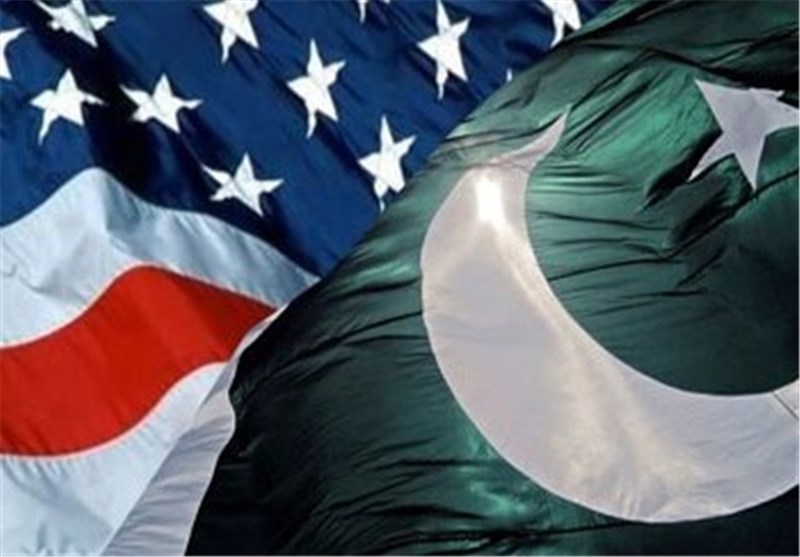Objectives of the American delegation’s visit to Islamabad.
Islamabad will host a high-ranking delegation from the United States today and tomorrow, headed by Derek Meyer, Director of the Bureau of Central and South Asia at the State Department. Although the purpose of this trip has been announced to participate in the two-day “Pakistan Minerals Investment 2025” forum and familiarize as many Americans as possible with the emerging investment opportunities in Pakistan’s mining sector, since this is the first presence of a high-ranking American delegation in Pakistan since the beginning of the new term of the Trump presidency, it has attracted many eyes and can be considered from different important and different aspects. First of all, it seems that economic objectives form the most important aspect of this trip. In this regard, on the one hand, the very turbulent economic situation of Pakistan indicates the country’s dire need to attract and absorb as much foreign investment as possible, and on the other hand, the return of Trump and the intensification of the great economic competition between the United States and China have caught Islamabad officials in the difficult dilemma of balancing relations with these two countries. Given the large scale of Chinese investment in Pakistan, especially in the mining sector, the Trump administration expects Pakistan to similarly pave the way for American participation in various economic sectors, especially mining.
But this trip is also important for Pakistan in another economic aspect; the issue of the White House’s imposition of heavy tariffs on imports from various countries, which has also affected Pakistan. Given that the trade balance between Pakistan and the United States in 2024 was more than $3.3 billion and in Pakistan’s favor, Trump’s imposition of 29 percent tariffs was aimed at changing this imbalance. The US’s share of about 18 percent of Pakistan’s total exports has placed the country in the position of Pakistan’s first export destination, and therefore, the tariffs could cause a major disruption in Pakistan’s export process. Of course, Pakistan’s hands are not tied in this regard, because with a share of 15 percent, it is the second largest importer of US cotton in the world, and in this regard, it can have good maneuverability.
But the goals of this trip are not limited to economic issues. The significant efforts of the Pakistani lobby in the United States to attract the attention of Congress and the White House to exert more pressure on the Pakistani government and army to release Imran Khan and reduce pressure on the opposition, and at the same time, the history of Imran Khan and Trump’s relationship may have the capacity to influence and even direct future developments in Pakistan. In the security field, given the intensification of terrorist acts in Pakistan, the military’s attention has been focused on expanding cooperation with the United States, especially in the field of exerting more pressure on the Afghan Taliban, as well as continuing US financial assistance (the Pakistani army has received more than $78 billion in aid from the United States in seven decades).

